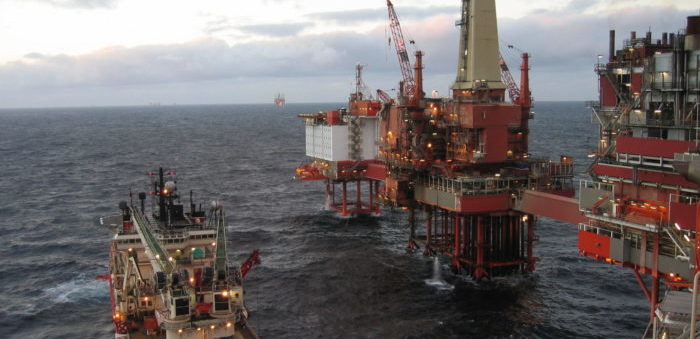Norway granted 12 oil and gas exploration licences to 11 companies. The licenses are focused mostly on the Arctic, where Norway believes is the greatest potential for new discoveries. Nine licences are in the Barents Sea and three in the Norwegian Sea.
Equinor, former Statoil, was granted five licences and will take part as a non-operating participant in two more. In addition, Shell, Aker BP, Lundin, OMV and Spirit Energy, also received license for operations. Moreover, DEA, Idemitsu, M Vest Energy, VNG and Wintershall were awarded participating interest.
[smlsubform prepend=”GET THE SAFETY4SEA IN YOUR INBOX!” showname=false emailtxt=”” emailholder=”Enter your email address” showsubmit=true submittxt=”Submit” jsthanks=false thankyou=”Thank you for subscribing to our mailing list”]
However, Reuters reported that Norway restricted the drilling in two licences near Bear Island. Exploration drilling there is not permitted between April 1 and August 15.
After these licenses, environmental groups opposed as they say that oil exploration in Arctic increases the risk of oil spills.
In the beginning of the year, the Oslo District Court decided in favour of Norway’s government, after environmental groups Greenpeace and Nature and Youth, sued the government in an attempt to restrain oil drilling in Norway’s Arctic waters.
The Oslo District Court ruled that the country did not act illegally, after awarding exploration licenses in the Arctic Barents Sea to Statoil ASA and Chevron.
Norway is currently western Europe’s top producer of oil and natural gas, as its Oil and gas production amounts for 40% of its exports. However, Norwegian energy minister Terje Soeviknes will have meeting with companies on Wednesday, June 20, with the target to explore the possibility of constructing offshore floating wind farms.
Norway is planning to adopt such projects, and in upcoming meeting, the parties will discuss the opening process and the regulatory framework that are needed.
































































